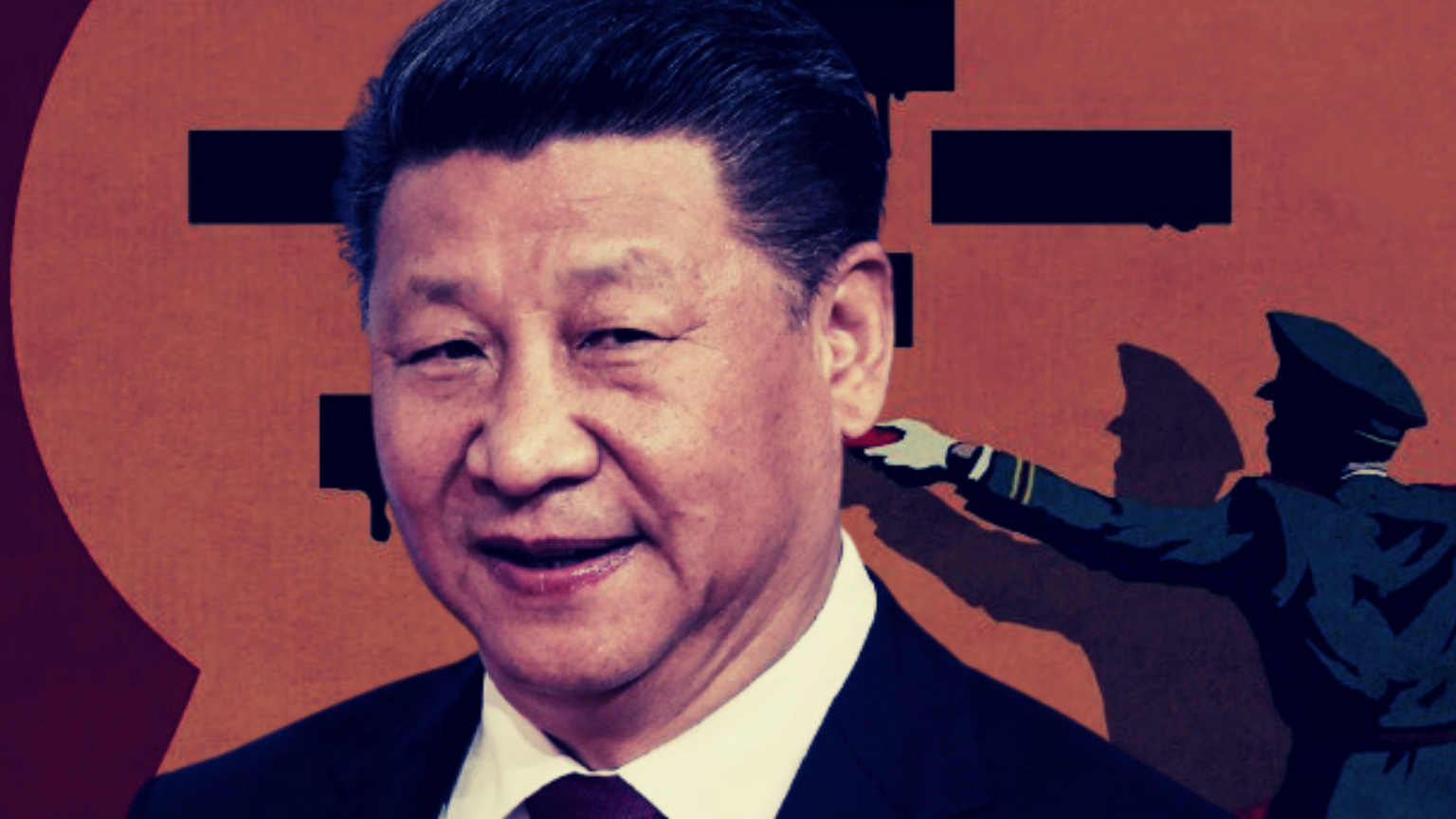The progression of online censorship in China, which has always had protecting the image of its top officials as one of the tasks set before it, is now resulting in people becoming increasingly reluctant to even mention their names – whether in praise or criticism.
Above all, naturally, that of President Xi Jinping, who is now often referred to by ever-evolving nicknames trying to stay ahead of censors. One of the best known has been “Winnie the Pooh” – an attempt by Xi’s critics to mention him, and still survive on the internet.
But his supporters are also weary of “taking Xi’s name in vain” and are instead opting for phrases like, “you know who,” “big number one,” and our “eldest brother,” writes the Economist. At the same time, employees of a state-owned media corporation taking part in chat groups are said to be saying “Trump” when they mean “Xi.”
The report mentions the trouble that Meituan ecommerce and delivery company owner Wang Xing got himself in this month after posting a 9th century poem that mocks a Chinese emperor known for dealing with opponents by burning books. But this was understood by those working to protect the president’s image as a veiled reference to Xi.
Wang, who had posted the poem on the Fanfou social network, said that he actually had industry competition in mind, and deleted the post, as censors scrubbed the comments. But that wasn’t enough because Meituan’s value was down $26 billion in four days, as Wang’s personal fortune took a $2.5 billion hit, attracting at the same time the attention of regulators.
Those going directly for Xi fared even worse, like property tycoon Ren Zhiqiang who was accused of corruption and sent to prison for 18 years after he said in an essay addressing one of Xi’s speeches that the president was not an emperor in new clothes but “a naked clown.”
Even criticism of lower-ranked officials by more powerful billionaires, like Alibaba’s Jack Ma, can produce negative effects. Ma was unhappy with the work of financial regulators and soon after voicing these complaints he received the answer from the state – the planned IPO of his fintech Ant Group was scrapped.













